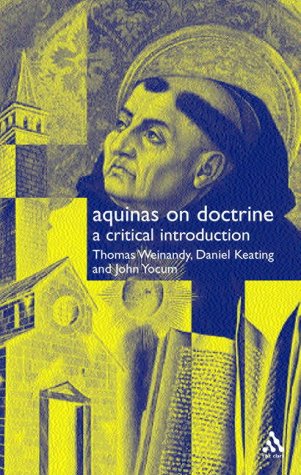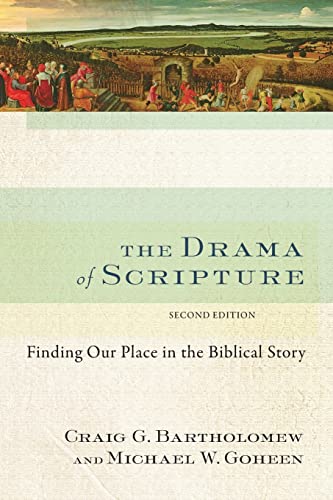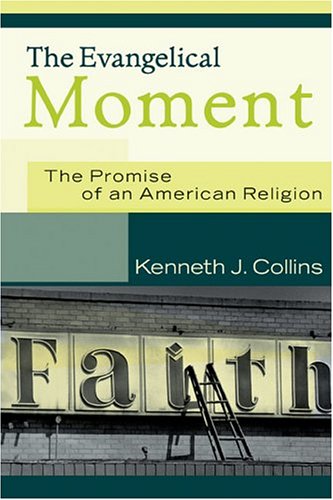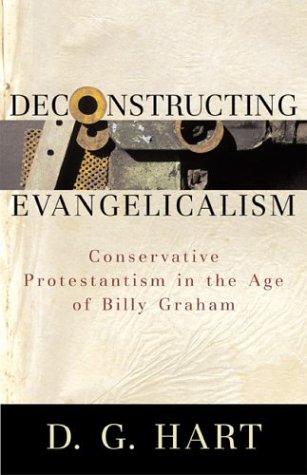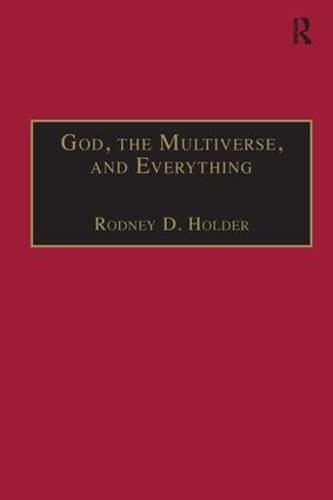LUTHER AND CALVIN ON OLD TESTAMENT NARRATIVES: REFORMATION THOUGHT AND NARRATIVE TEXT (TEXTS AND STUDIES IN RELIGION, 106)
Written by Michael Parsons Reviewed By Walter MoberlyThe question of ‘How has Scripture been read in the past?’ is almost always illuminating, in one way or other, for the question of ‘How should Scripture be read today?’ For there are insights to be enriched by, and oversights and errors to avoid. It is a valuable contemporary trend that many scholars have a renewed interest in significant Christian interpreters of the past. A good study of such giants of interpretation as Luther and Calvin such as this should therefore need no justification. Even if we cannot simply replicate, we can still learn.
Parsons’ primary concern is to understand Luther and Calvin as OT interpreters in their own right, and his approach is via selected case studies. He contextualizes the Reformers in relation to their sixteenth-century concerns, and sets out their broader understanding of Scripture and theology before looking at specifics. He quotes extensively from them, so that their distinctive voices can be heard. He compares the similarities and differences between their handlings of the biblical text. One particular interest is the way in which both Luther and Calvin handled the relationship between exegesis and theology; despite their concern to be faithful to the text of Scripture, on occasion a theological axiom was allowed to override the apparent sense of the text, as when each seems to privilege their belief in the impassibility of God over the references to the regret, pain and anger of God prior to the Flood (Gen. 6:6–7).
Parsons’ field is more history than hermeneutics, so he does not directly engage the question of how we should, and should not, learn from Luther and Calvin today. Nonetheless he is well aware of contemporary debates about biblical interpretation (footnotes and bibliography are wide-ranging), and his work is full of implication. He does deal explicitly with contemporary interest in narrative theology, and rightly argues that Luther and Calvin are not direct antecedents, or parallels, to such contemporary interest because of the differing frame of reference within which their work is located.
The textual case studies are presented under topical theological heading’. Under ‘God and Humanity’ come’ ‘Passion and the nature of God (Gen. 6–9)’, ‘God in hostile form (Gen. 32:22–32)’, and ‘Unbelieving humanity and a sense of God (Jonah 1–4)’. ‘Under Divine Covenant’ comes ‘If Isaac must be filled, the promise is void (Gen. 22)’ and Luther’s use of Jacob’s ladder (Gen. 28:10–22)’. Under ‘Servants of God’ comes ‘Luther’s Noachic self-understanding (Gen. 6–9)’, ‘ “Reduced to nothing.” The call of a prophet (Is. 6)’, and ‘ “Strong faith in the midst of sin” (Jonah 1–2)’. Under ‘Gender-Relations’ comes ‘Luther and Calvin on rape (Gen. 34/2 sam. 13)’ and ‘Sexual guilt and restoration (2 Sam 11–12/Psalm 51)’. General issues are well dealt with in an Introduction and Closing Reflections, and there is a model foreword by historical theologian John Thompson of Fuller Theological Seminary.
Overall, Parsons is lucid and readable, suggestive and constructive. Anyone who has not yet encountered the OT interpretations of Luther and Calvin could well start here. It is a shame that the cost of the book makes it prohibitive for individual students to purchase, though it should be ordered for the library.
Walter Moberly
Durham University



